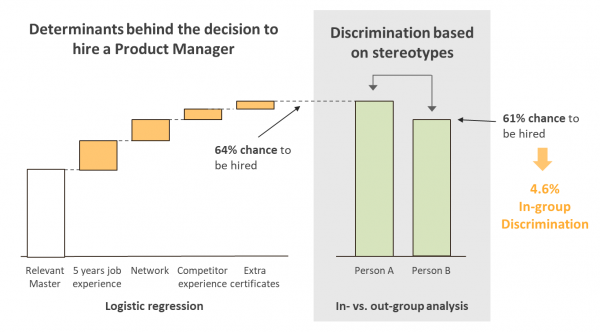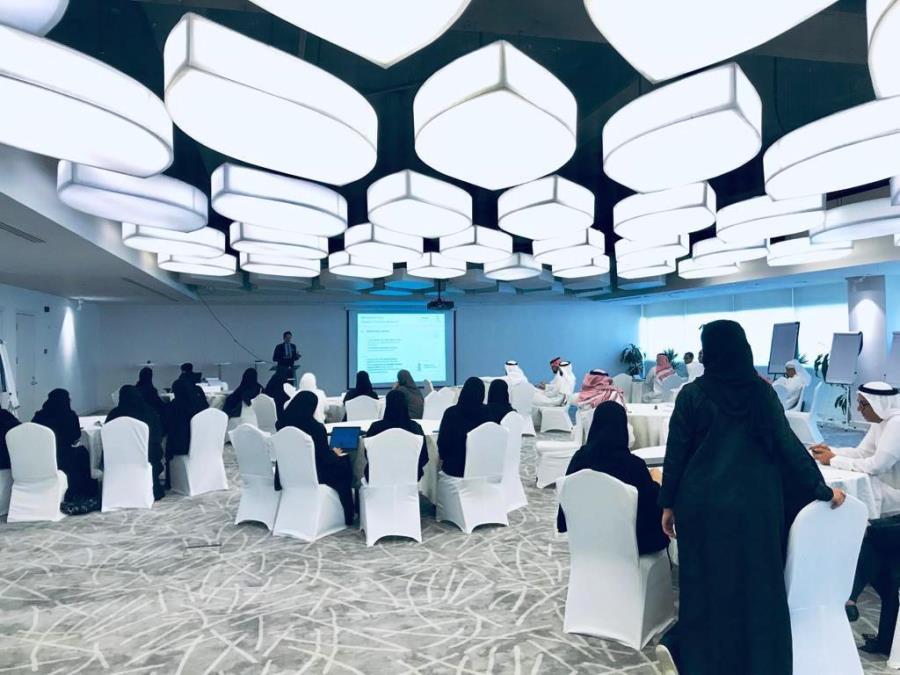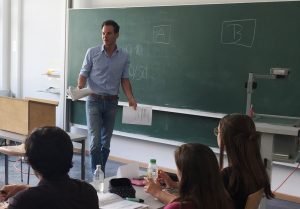Affiliate Marcus Giamattei appointed as Professor
Our affiliate Marcus Giamattei is appointed as Professor for Macroeconomics at the Bard College Berlin. Before joining the Bard College Berlin, Marcus was assistant professor at the University of Passau. He is affiliated with CeDEx at the University of Nottingham, UK, and has been a visiting researcher at Universitat Pompeu Fabra in Barcelona. Marcus developed ClassEx, a tool for interactive classroom and lab-in-the-field experiments with mobile devices and LIONESS Lab, a platform for online experiments. Those platforms enable instructors and researchers to use experiments outside of the conventional laboratory environment. ClassEx and LIONESS are used in over 50 countries around the world.






